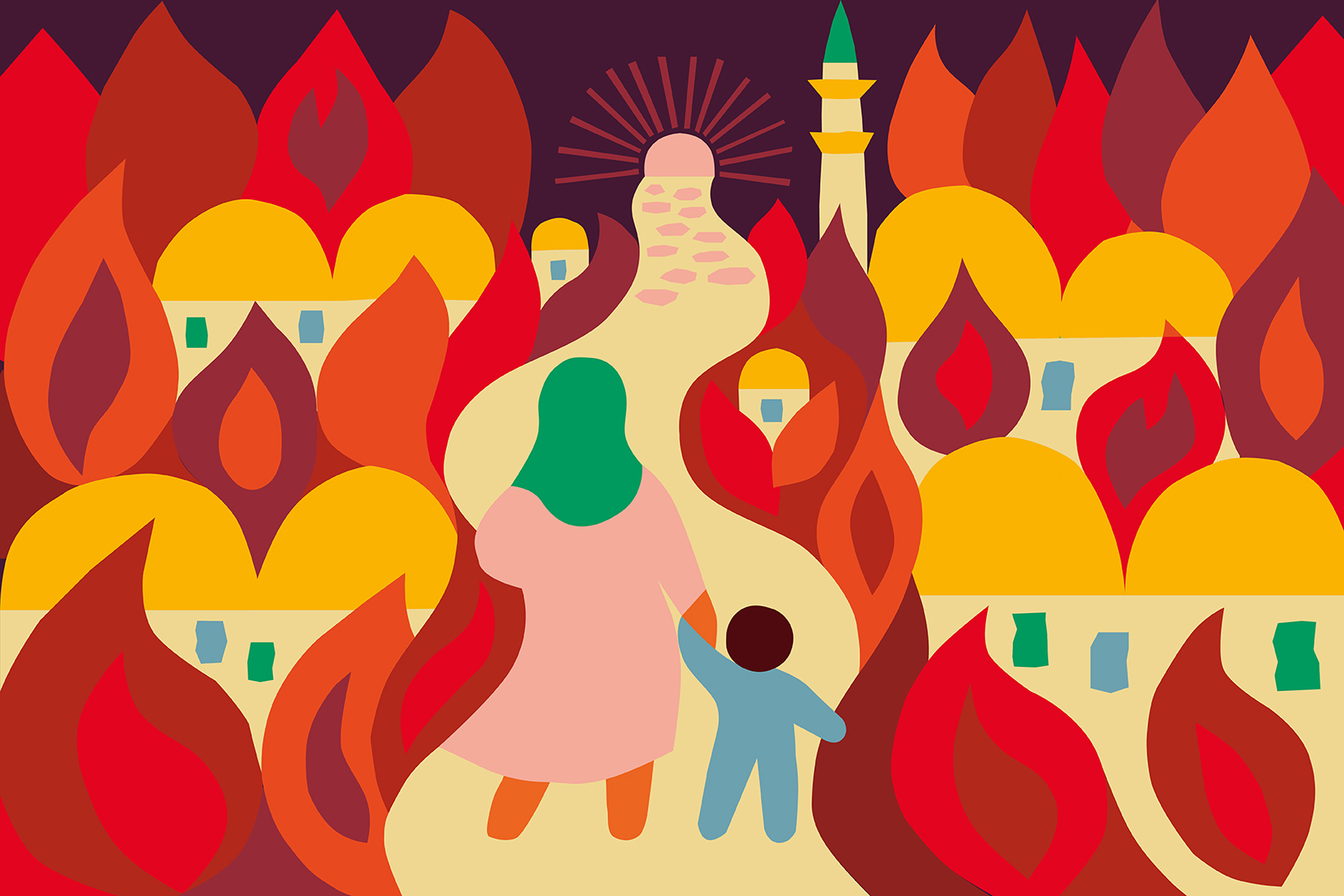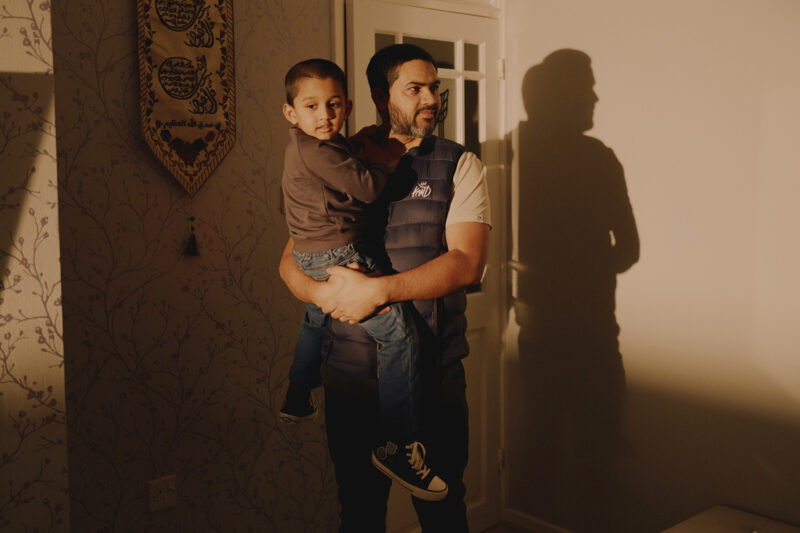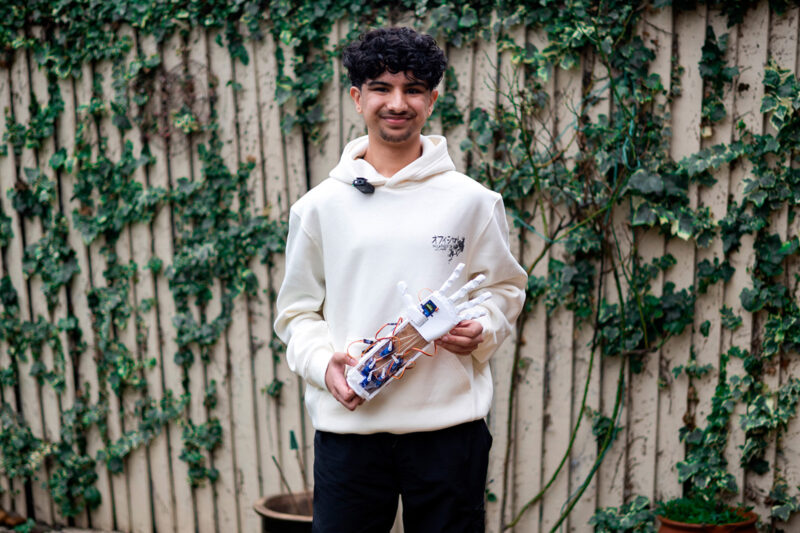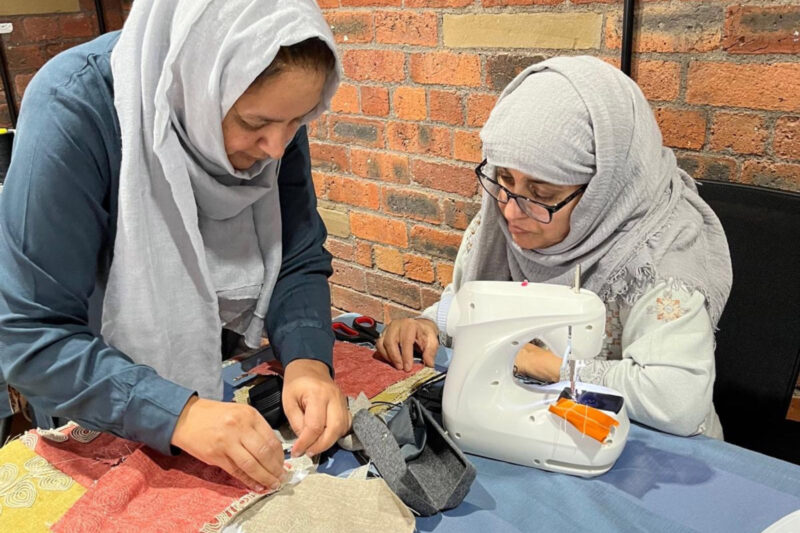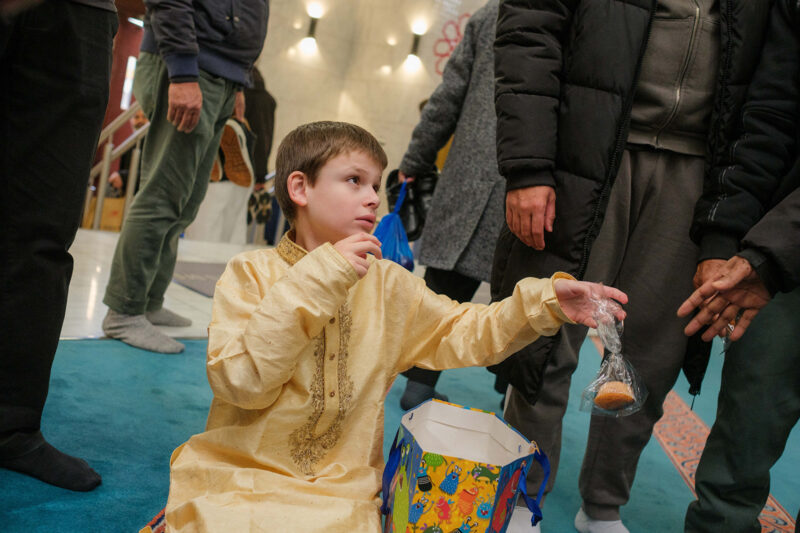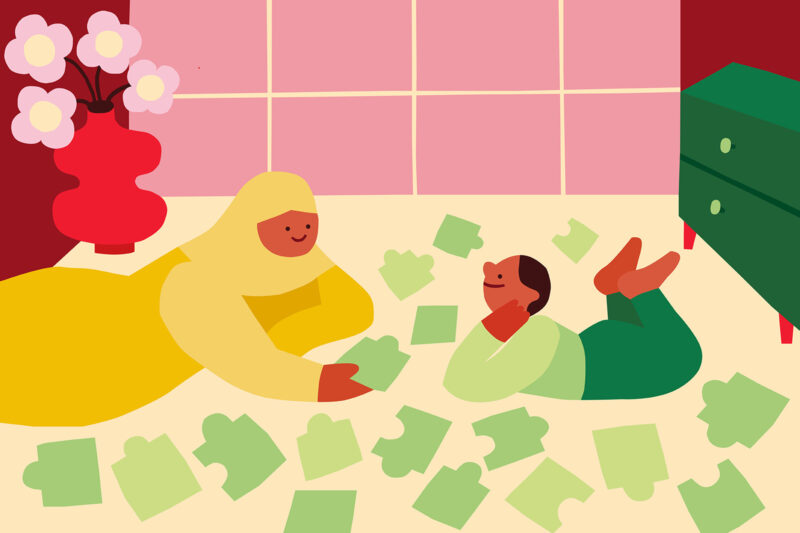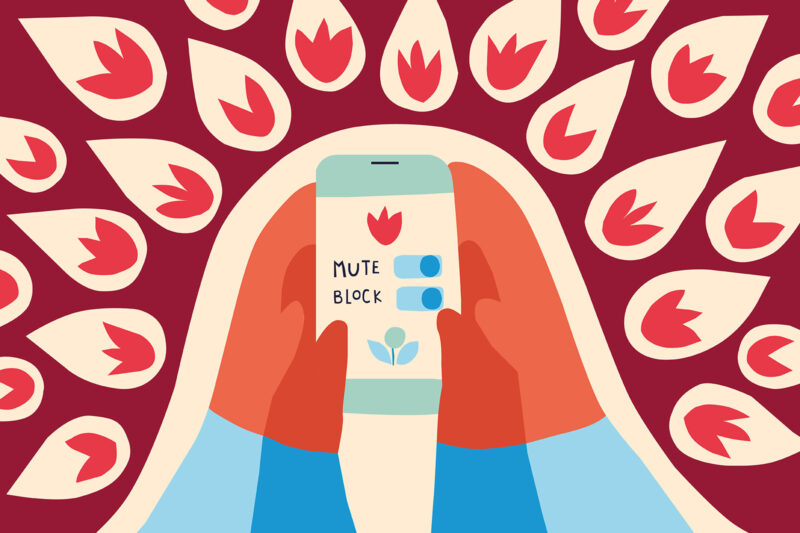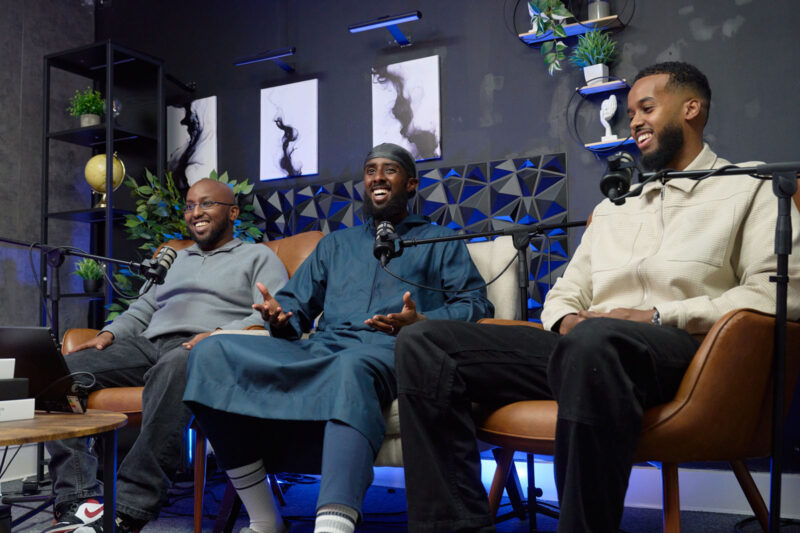We should parent with kindness, not violence

Organisations are calling for an all-out ban on smacking children, which is still legal in England despite being outlawed in Scotland and Wales
My TikTok seems to be awash with skits by Arab, Asian and African comedians satirising our mothers’ favourite weapon when we were growing up: the flip-flop. This style of shoe has different names depending on where you come from. For me, as a mixed-race Egyptian, it’s the shibshib; for my Pakistani husband it’s the chappal and, for my Iraqi friends, it’s the zenooba.
Now that I am a mother, I cannot fathom the idea of smacking or slapping my child. I know from my own childhood the fear and resentment that comes after being smacked by a parent. While this form of discipline was banned in Scotland in 2020 and in Wales in 2022, it is still legal in England.
In August, children’s charity the NSPCC called on the government to bring in a total smacking ban, after surveying parents and finding that 81% believe hitting children to be unacceptable. As far as I’m concerned, there is no reasonable justification for physically harming your child, despite how many of us were brought up that way. As adults, we may deflect from our experiences of being hit by our parents as kids by using dark humour, but the effects can be long lasting.
In 2004, the government issued an updated version of the 1989 Children’s Act to better safeguard children. In it, the battery of children was outlawed. However, there is an exception — smacking a child can be excused when it amounts to a “reasonable punishment”. But what “reasonable” means is entirely subjective.
Children’s organisations argue that this is a legal loophole used as a defence by parents who physically abuse their children, such as those of Sara Sharif, who claimed they beat their daughter for “being naughty”. When Sara’s father fled England after killing the 10-year-old girl, he told the police he had “legally punished” her.
Our current laws do not safeguard our children. Instead, they continue to enable physical abuse.
Years of research has proven the harm caused by smacking children. Studies have shown it can impair their physical development and increase risk of mental health issues.
A 2024 report by the Royal College of Paediatrics and Child Health also found that those who were hit by their parents are more likely to use the same form of punishment for their own children. It becomes an inter-generational cycle.
I have spoken about my opposition to smacking or slapping with family members. “Just wait until your child tests you,” they say. But, surely by now our understanding of parenting techniques and behavioural management has progressed beyond physical violence.
Across the world, the use of physical punishment stems from the belief that it is an effective form of discipline and an act of “tough love” — your parents don’t hit you because they hate you, but because they love you. Certainly, in my culture, huge emphasis is placed on being respectful to elders and raising obedient children. For elders in my community, it was less shameful to inflict pain on their children than it was to be judged by neighbours for having unruly kids.
What they failed to realise was that many of us were quiet and well-behaved not out of respect, but out of fear.
In previous generations, some Muslim parents have pointed to the Qur’an’s explicit orders that children must obey their parents as justification for corporal punishment. There’s also the societal belief that parental rights supersede that of children’s, including the idea that we “own” them.
But the truth is, we don’t own our children. They are a blessing gifted to us by Allah.
When justifying physical discipline, some parents have pointed to the hadith where it is stated that you should teach your children to pray by the age of seven and hit them if they don’t pray by the time they reach 10 years old. However, many Islamic scholars today say this hadith must be viewed through a socio-historical lens. It should be interpreted as encouraging gentle discipline, not physical punishment.
Scholars also point to the fact that hitting is in contradiction to the actions of Prophet Muhammad himself. Anas ibn Malik, who served the Prophet from the age of 10, said he never raised his voice to him or said an unkind word. Surely, as Muslim parents, we should emulate the Prophet’s example of mercy and kindness.
We must use peaceful parenting techniques to support the growth of future generations. There are myriad non-violent ways to manage misbehaviour, such as calm consequences, where you clearly state the repercussions of an action to provide the child an opportunity to change their behaviour. If they do not stop, parents enforce those consequences, such as removing screen time. For example, my son Ammar knows that if he deliberately throws toys or pours water out of his sippy cup onto the floor, I will take away his Amazon Kids’ tablet.
Treating children with gentle discipline leads to positive outcomes in their self-regulation, self-confidence and overall development. And of course, in the long run, a more loving parent-child relationship.
 Newsletter
Newsletter



